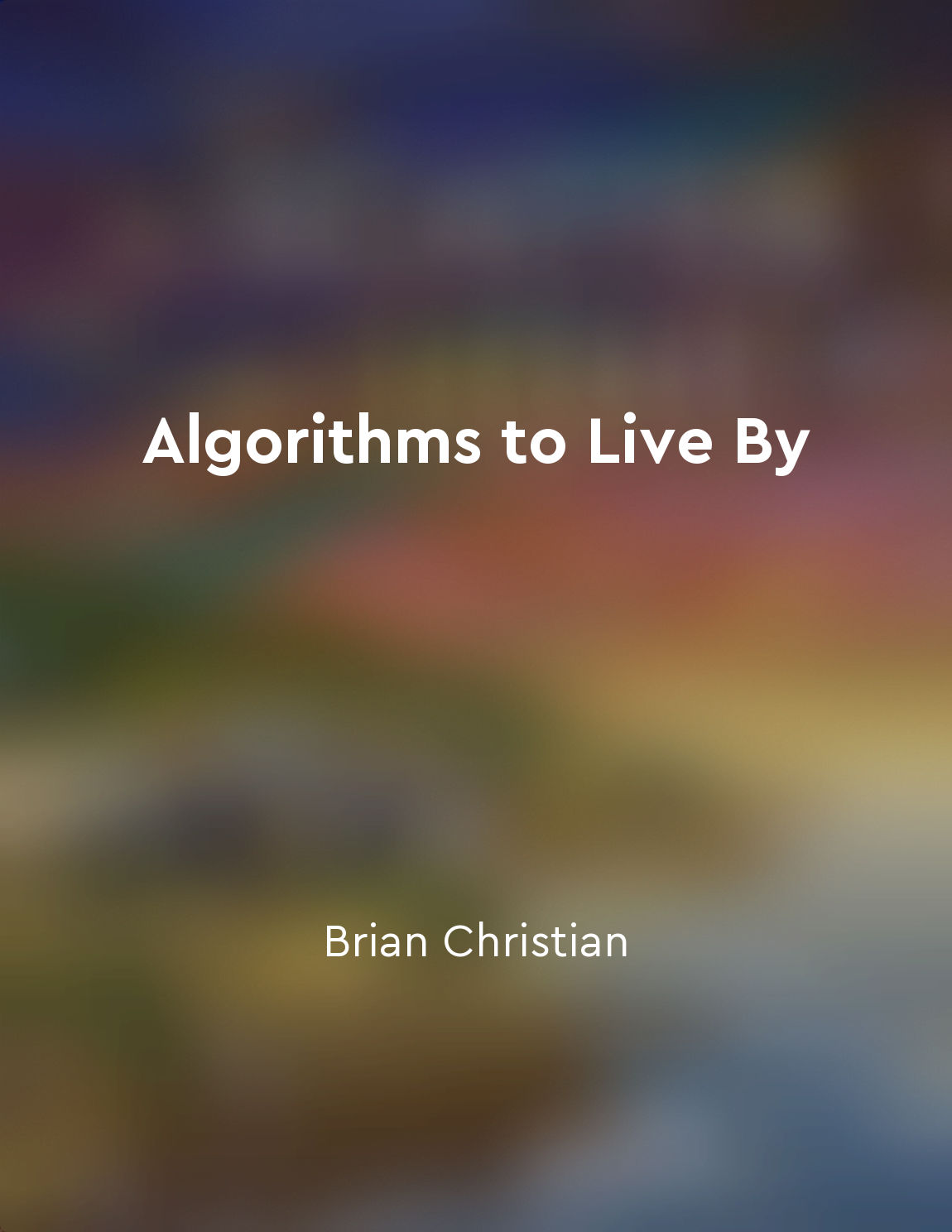Quantity of pleasure from "summary" of Utilitarianism and On Liberty by John Stuart Mill
The principle of utility, or the greatest happiness principle, is the foundation of the moral theory of utilitarianism. According to this principle, actions are right in proportion as they tend to promote happiness, wrong as they tend to produce the reverse of happiness. By happiness is intended pleasure, and the absence of pain; by unhappiness, pain, and the privation of pleasure. The concept of quantity of pleasure is essential in determining the moral worth of an action. The quantity of pleasure is not to be considered merely in terms of intensity, but also in terms of duration and certainty. The more numerous the pleasures, the greater the quantity of pleasure. It is important to take into account the quality of pleasures as well, as not all pleasures are of equal value. It is also crucial to consider the extent of the pleasure in relation to the number of people affected. The moral worth of an action is determined by the overall happiness it generates for the greatest number of people. This is known as the principle of the greatest happiness for the greatest number.Similar Posts

Seeking out challenges and embracing discomfort can lead to personal growth
In life, we are often faced with challenges that force us out of our comfort zones. These challenges can come in many forms - f...
Social connections play a significant role in happiness
Derek Bok argues that social connections are a vital component of happiness. People who have strong relationships with friends,...
Morality is based on rational reflection
In the realm of morality, it is crucial to recognize that our actions must be guided by rational reflection rather than mere in...

Randomness can help us make decisions when we lack information
Imagine you're faced with a difficult decision, but you lack crucial information to make an informed choice. What do you do in ...
Emotional wellbeing is tied to financial health
Our emotional wellbeing is deeply connected to our financial health. When we feel secure and abundant in our finances, we are m...
Our memories of past events can be flawed
Our memories of past events are not as accurate as we might think they are. When we recall past experiences, we are not accessi...
Prioritize your mental health
It is crucial to understand that your mental health should always be a top priority in your life. Your mental well-being impact...
Resilience is essential for longterm happiness
Resilience, the ability to bounce back from setbacks and difficulties, is a crucial component of long-term happiness. Life is f...
Moral law must be based on reason
The concept of moral law being based on reason is a fundamental principle in Kant's philosophy. According to Kant, reason is th...
Ideological conflict and consensus
The clash of ideologies has long been a driving force in political discourse. It is through this clash that different perspecti...

